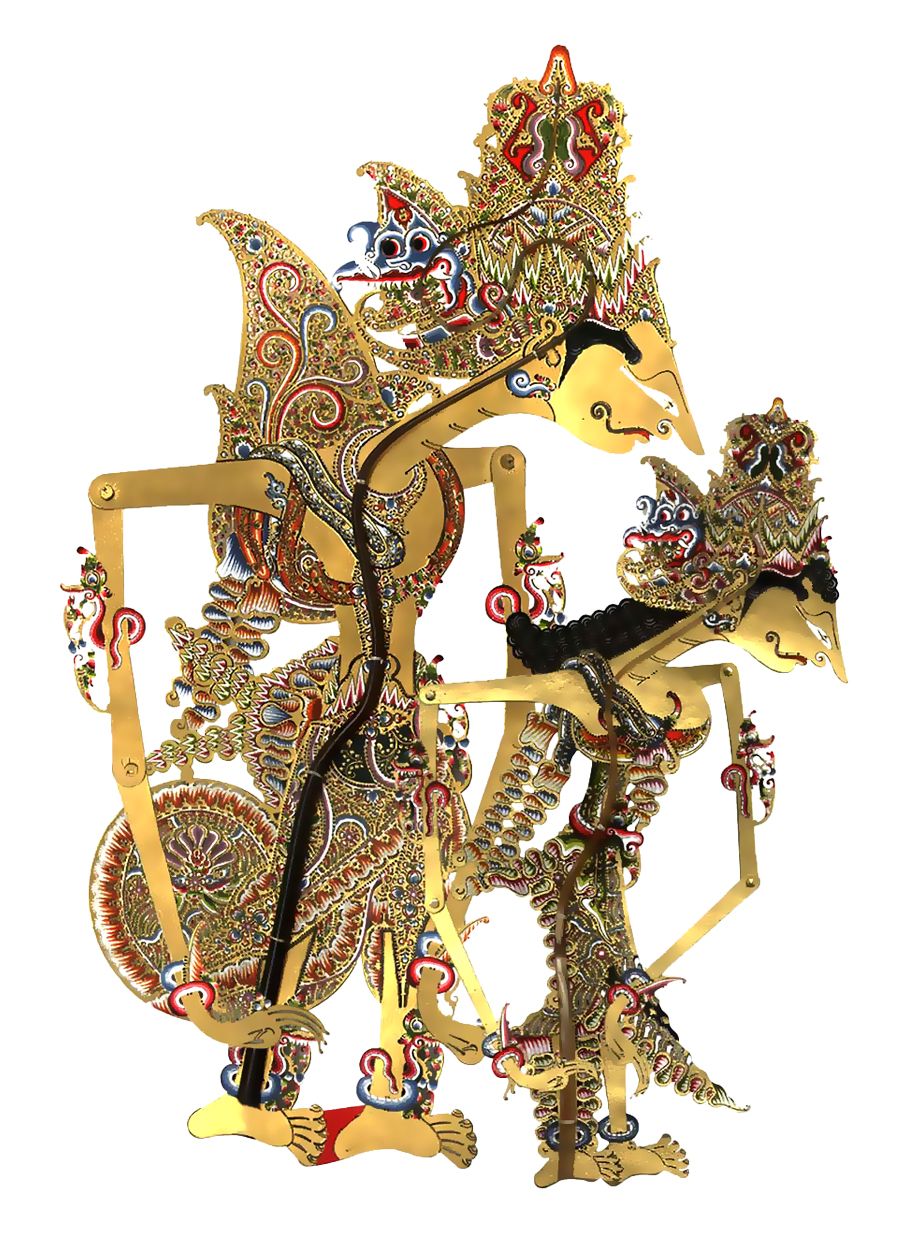Pendet initially a worship dance that many exhibited at Temple, a place of worship for Hindus in Bali, Indonesia. This dance symbolizes the welcoming of the gods fall into the natural world. This dance was created by I Wayan Rindi. Rindi is the maestro of dance that is widely known as a composer of sacred Pendet that can be performed at the temple every religious ceremony. Pendet can also function as a dance of welcome. Gradually, over the development period, the Balinese artists change Pendet be a "welcome dance", but still contain elements of the sacred-religious.
Wayan Rindi aspirant art of dance is known for his ability to compose and preserve the art of dance through learning on future generations. One was recorded in a variety of images during the active life teaches a variety of dance, including Pendet on family lineage or outside the family. According to his youngest son, Sutapa Ketut, Wayan Rindi modify Pendet sacred to welcome Pendet now claimed Malaysia. Rindi create this Pendet around 1950. Although modified, but all elements of fashion and dance movements still refers to the norms of typical Balinese art known and dynamic.
it is believed that Pendet a statement from an offering in the form of ritual dance. Unlike dance performances that require intensive training, can Pendet danced by all people, pemangkus men and women, adults and girls. This dance is taught simply by following the movement and rarely done in the banjo-banjo. The young girl followed the movement of more senior women who understand their responsibilities in providing a good example.
This daughter has a dance movement pattern that is more dynamic than Rejang Dance that was delivered in groups or pairs. Usually displayed after page Rejang Dance at temples and generally facing toward the sacred (pelinggih) by wearing a ceremonial dress, and each dancer brings sangku, jugs, bowls, and other offerings equipment.
Action claiming Pendet Malaysia as part of its culture is very regrettable Wayan Rindi family. During his lifetime, Wayan Rindi did not think to register the findings so as not to be imitated in other countries. In addition there is no institution of copyright, Balinese dance it had never been patented because the content of a vast spiritual values and can not be monopolized as a human creation or a particular nation. But with the case, Sutapa who is also professor of dance at the Indonesian Arts Institute (ISI) Bali hoped the government began taking steps to save the national heritage from the hands of ignorant of other countries.
Wayan Rindi aspirant art of dance is known for his ability to compose and preserve the art of dance through learning on future generations. One was recorded in a variety of images during the active life teaches a variety of dance, including Pendet on family lineage or outside the family. According to his youngest son, Sutapa Ketut, Wayan Rindi modify Pendet sacred to welcome Pendet now claimed Malaysia. Rindi create this Pendet around 1950. Although modified, but all elements of fashion and dance movements still refers to the norms of typical Balinese art known and dynamic.
it is believed that Pendet a statement from an offering in the form of ritual dance. Unlike dance performances that require intensive training, can Pendet danced by all people, pemangkus men and women, adults and girls. This dance is taught simply by following the movement and rarely done in the banjo-banjo. The young girl followed the movement of more senior women who understand their responsibilities in providing a good example.
This daughter has a dance movement pattern that is more dynamic than Rejang Dance that was delivered in groups or pairs. Usually displayed after page Rejang Dance at temples and generally facing toward the sacred (pelinggih) by wearing a ceremonial dress, and each dancer brings sangku, jugs, bowls, and other offerings equipment.
Action claiming Pendet Malaysia as part of its culture is very regrettable Wayan Rindi family. During his lifetime, Wayan Rindi did not think to register the findings so as not to be imitated in other countries. In addition there is no institution of copyright, Balinese dance it had never been patented because the content of a vast spiritual values and can not be monopolized as a human creation or a particular nation. But with the case, Sutapa who is also professor of dance at the Indonesian Arts Institute (ISI) Bali hoped the government began taking steps to save the national heritage from the hands of ignorant of other countries.
 21.48
21.48
 Nasrul Umam
Nasrul Umam


 Posted in:
Posted in: 







0 komentar:
Posting Komentar